Chickens are delightful creatures that bring joy to many backyard enthusiasts. If you are considering raising chicks, you may be wondering when it is safe to introduce scratch into their diet.
Scratch is a term used to describe the act of scraping the ground with their feet, typically to find and gather food such as insects, seeds, and small plants. While scratch can provide mental stimulation and encourage natural foraging behavior, it is important to know the right time to introduce it to your chicks.
In this article, we will explore when chicks can have scratches and why it is crucial to wait until they reach the appropriate age.
The Early Stages: Focusing on Starter Feed

When chicks are first hatched, their nutritional needs differ from those of mature chickens. During their early stages of development, chicks require a specialized feed known as starter feed. Starter feed is specifically formulated to provide the right balance of protein, vitamins, and minerals necessary for optimal growth and development.
For the first few weeks of their lives, chicks should primarily be fed starter feed. This ensures that they receive the essential nutrients they need to thrive. Scratch grains, on the other hand, are not suitable for chicks during this stage as they may have difficulty digesting them properly.
Introducing Scratch: Time and Considerations
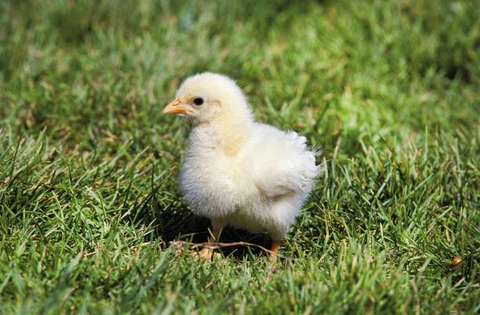
Around the age of 2 to 3 weeks, chicks begin to develop the ability to peck and scratch the ground to find insects and small food particles. It is at this point that you can start gradually introducing scratch into their diet.
Introducing scratch at a young age helps chicks develop natural foraging behaviors and keeps them entertained. However, it is crucial to provide scratch in moderation and as part of a balanced diet. Remember that scratch alone does not provide the necessary balance of nutrients required for the optimal growth and development of chicks.
The Risks and Concerns of Early Introduction
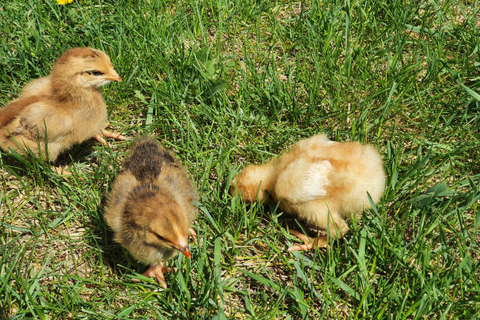
While introducing scratch to chicks may seem appealing, it is essential to be aware of the potential risks and concerns associated with doing so. Here are some of the risks that can arise from feeding scratch to chicks at an early age:
1. Digestive Issues
Scratch grains are larger and harder to digest compared to the specialized starter feed designed for chicks. Chicks' digestive systems may not be fully developed to handle scratch grains, leading to digestive problems and potential blockages.
2. Nutritional Imbalance
As mentioned earlier, scratch grains do not provide the necessary balance of nutrients required for the optimal growth and development of chicks. Chicks rely on the specific nutritional content of starter feed to support their rapid growth during the early stages of their lives.
3. Malnutrition
By filling up on scratch grains, chicks may not consume enough of their balanced starter feed, which can result in malnutrition. This can have detrimental effects on their growth, immune system, and overall health.
4. Slow Growth
The lack of essential nutrients in scratch grains can cause chicks to grow at a slower rate than they should. They may not reach their full potential in terms of size and weight if their diet is unbalanced.
5. Increased Risk of Pests
Scratch grains can attract pests such as rodents and bugs. This can pose health risks to the chicks and potentially infest their environment if not carefully managed.
Considering these risks, it is clear that providing a proper and balanced diet for chicks is of utmost importance.
Alternative Options for Enrichment
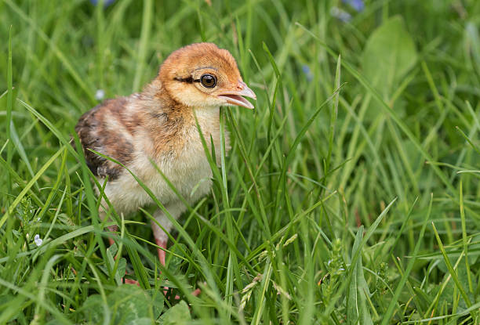
While scratch is not recommended for chicks, there are plenty of alternative options available to provide enrichment and stimulation. Here are a few ideas to keep your chicks engaged and entertained:
1. Create a Stimulating Environment
Design a secure and comfortable space for your chicks to live in. Add perches, branches, and toys for them to explore, jump on, and play with. This will not only keep them entertained but also encourage physical exercise.
2. Provide a Varied Diet
Offer a diverse range of food options to your chicks. Include seeds, grains, vegetables, fruits, and insects in their diet. A varied diet ensures that they receive the necessary nutrients for growth and overall health.
3. Introduce Natural Elements
Provide access to natural elements such as grass, dirt, or sand. Chicks enjoy scratching and pecking at the ground, so having these elements in their living area can provide them with both physical and mental stimulation.
4. Socialize the Chicks
Allow your chicks to interact with other chickens of similar age and size. Socialization helps chicks develop important social skills and behaviors, contributing to their overall well-being.
5. Offer Foraging Opportunities
Scatter food or treats around the chicks' living area to encourage natural foraging behavior. This will stimulate their natural instincts and keep them engaged. Foraging activities mimic their natural behaviors in the wild and contribute to their mental and physical development.
Remember to monitor your chicks closely during enrichment activities to ensure their safety and well-being.
Conclusion
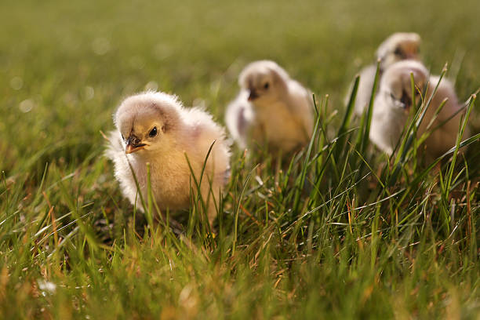
While scratch can provide mental stimulation and encourage natural foraging behavior, it is crucial to introduce it to chicks at the appropriate age. Feeding scratch to chicks too early can pose risks such as digestive issues, nutritional imbalance, malnutrition, slower growth, and increased risk of pests.
To ensure the optimal health and growth of your chicks, focus on providing them with a balanced diet of specialized starter feed during their early stages. Implement alternative enrichment options such as creating a stimulating environment, offering a varied diet, introducing natural elements, socializing the chicks, and providing foraging opportunities. By doing so, you will ensure that your chicks grow into healthy and happy hens.
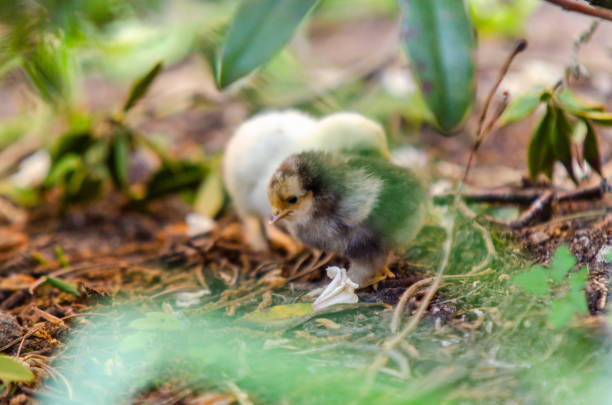
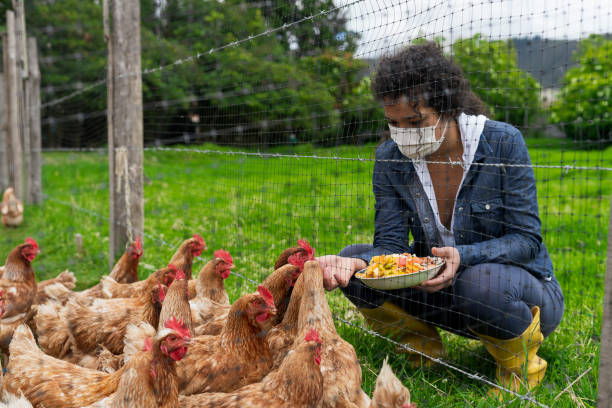
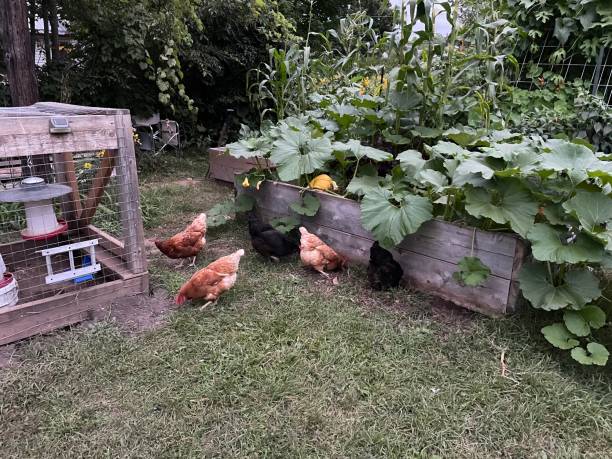
Leave a comment
All comments are moderated before being published.
This site is protected by hCaptcha and the hCaptcha Privacy Policy and Terms of Service apply.